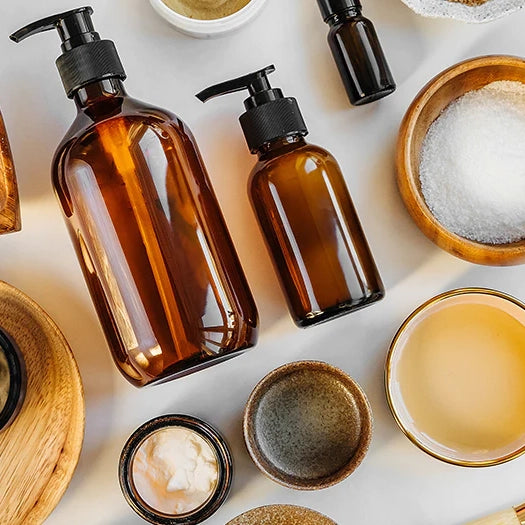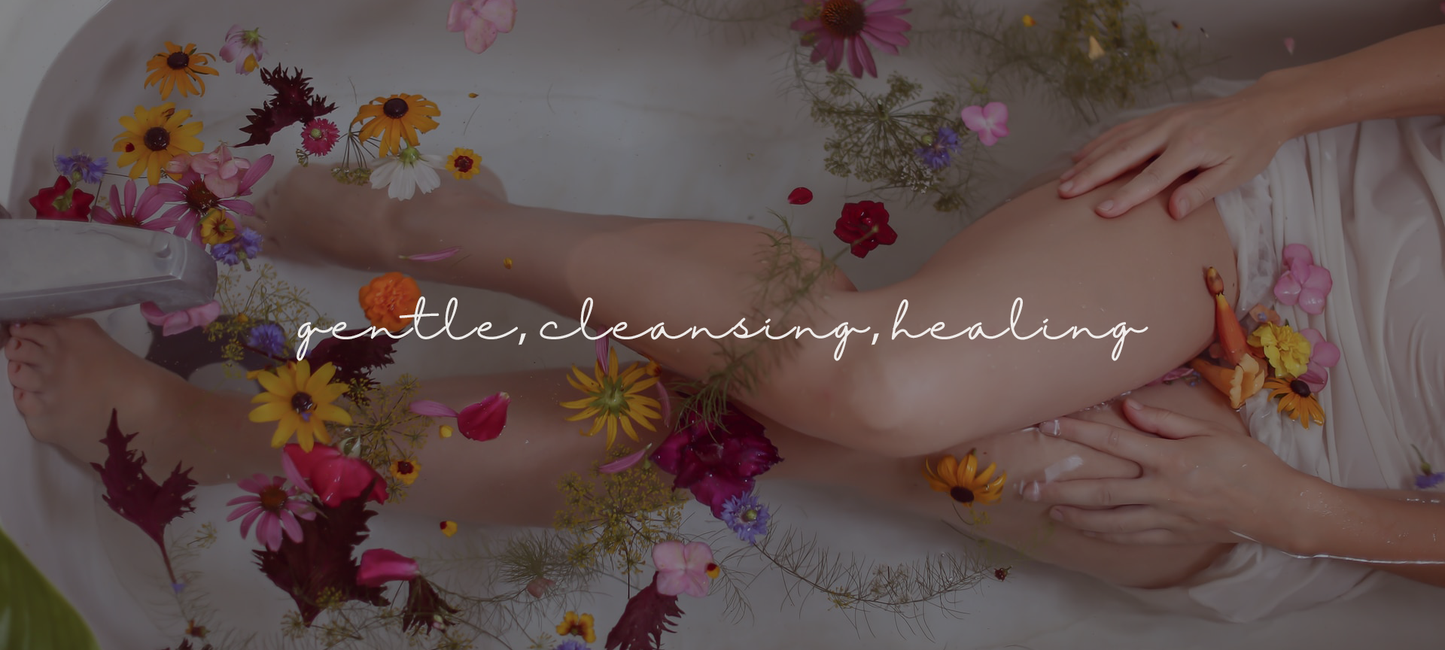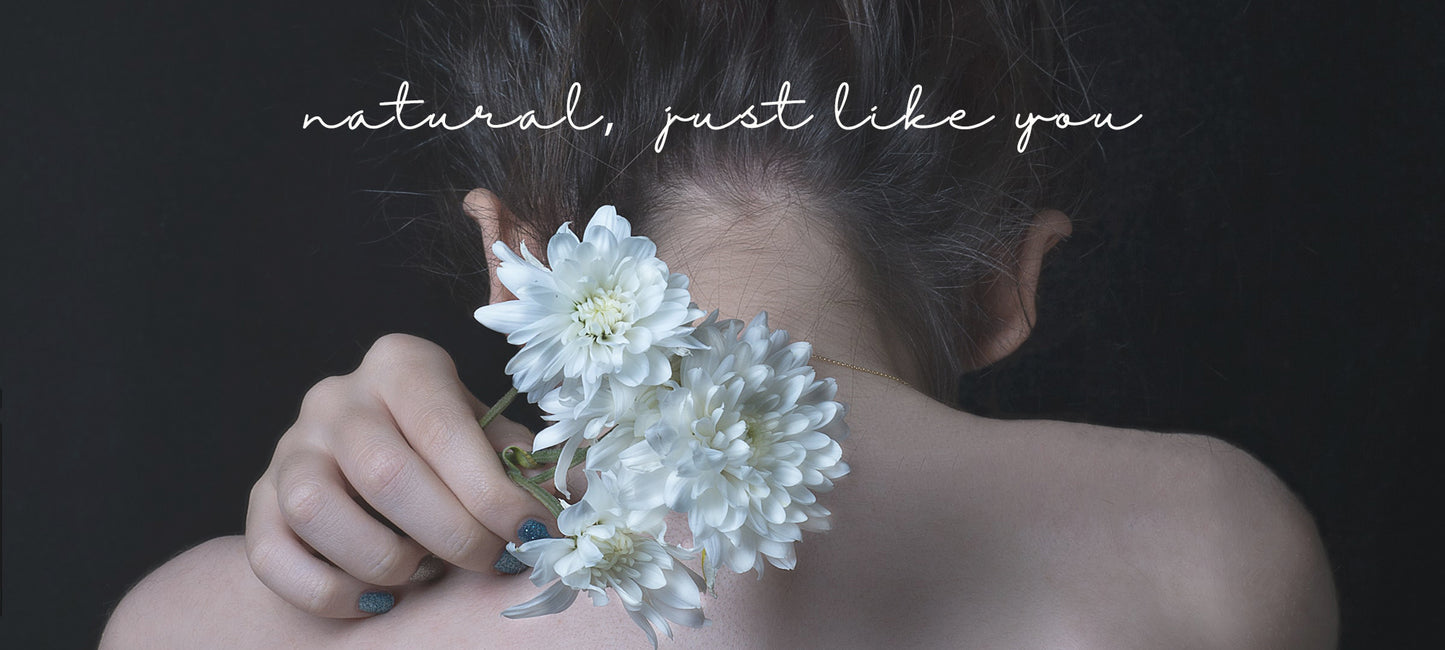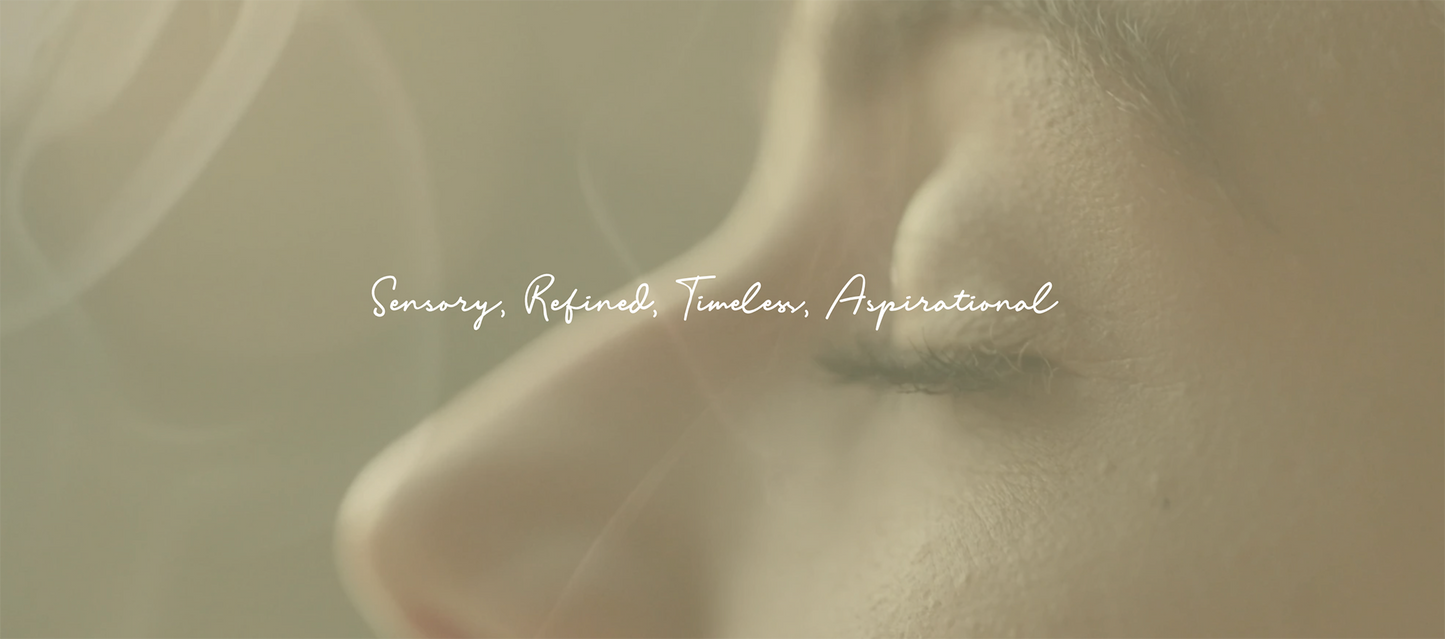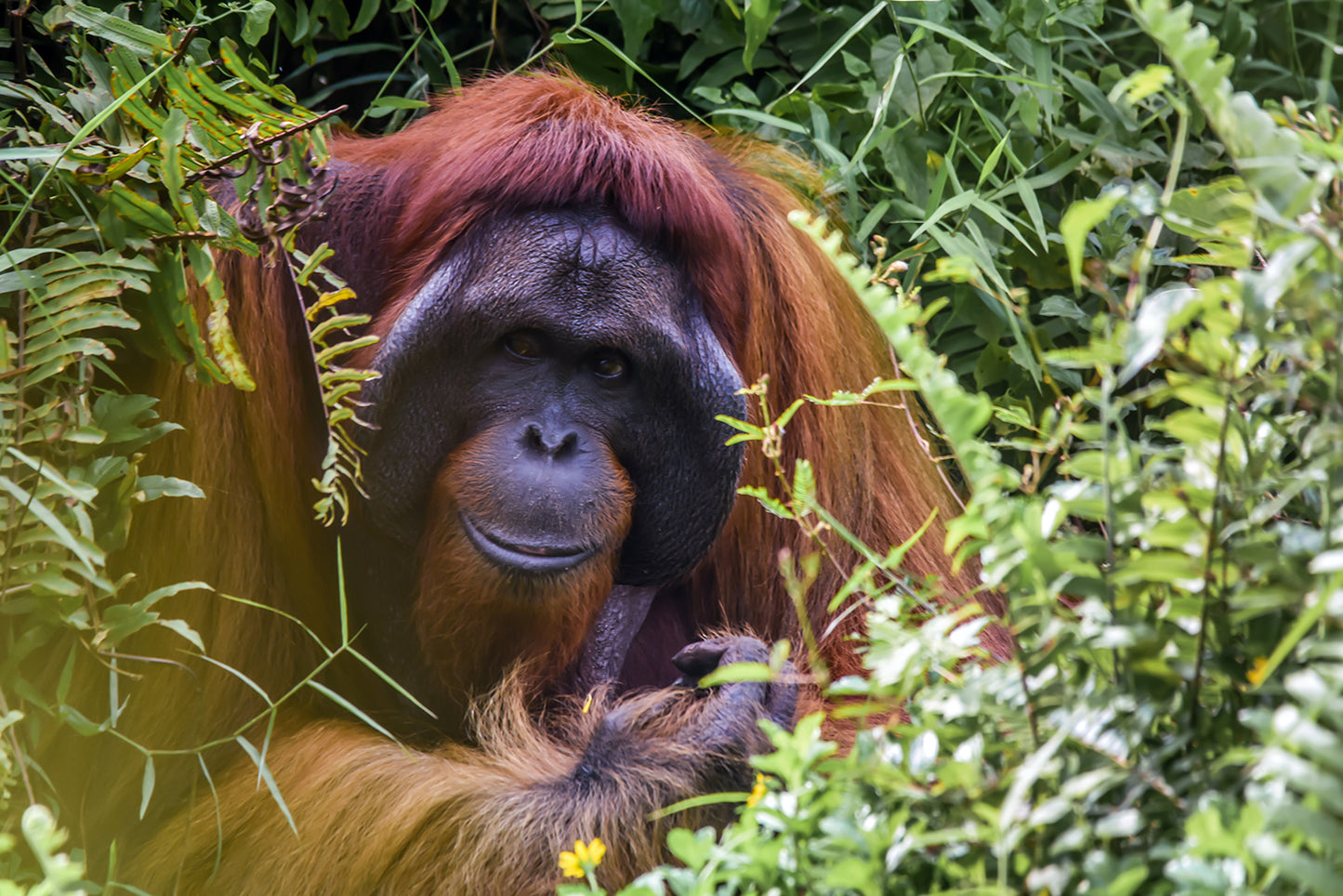
We all want to look our best, but let’s do so without harming the environment.
Say no to Palm Oil
Palm oil is an edible vegetable oil derived from the fruit of the oil palm tree. While it’s native to West Africa it’s grown throughout the tropics, with much of it produced and exported from Indonesia and Malaysia. It’s found in many everyday products, from food to cosmetics, cleaning agents, washing detergents and toothpaste. The problem is, it’s often grown and processed in a way that’s damaging to the environment.
According to the World Wildlife Fund, an area the size of 300 football fields of rainforest is cleared every hour to make way for palm oil production. This large-scale deforestation destroys habitats, pushing many species to extinction. Findings show that if nothing changes, species like the orangutan could become extinct in the wild in just a few more years. It’s even worse for the Sumatran tigers.
In addition to deforestation, palm oil production can cause soil degradation, water pollution and human rights abuses. Plantations often use large amounts of pesticides and fertilisers, which can contaminate nearby waterways and harm local communities. The workers on the palm oil plantations are often paid poorly and can be exposed to dangerous working conditions.
The problem is, palm oil is a very cheap and versatile ingredient, so it’s going to be up to us, as consumers, to make a change to make a difference.
So what can you do?
Fortunately there are some great alternatives to palm oil. Coconut, sunflower and soybean oils are all produced in a more sustainable and environmentally friendly way. There’s also palm oil that’s produced on plantations that have been certified by organisations such as the Roundtable on Sustainable Palm Oil (RSPO), which set standards for its production. This tends to be a more eco-friendly option that also respects the rights of the local communities.
You can also make a difference by choosing products that are either free from palm oil that’s been sustainably sourced. Look for products labelled as RSPO-certified or that use alternatives such as coconut or sunflower.
For more information on the palm oil issue, you can check out the excellent website, say no to palm oil.

Say no to Plastics
One of the things the cosmetics and skincare industry is under fire for is its heavy reliance on the use of plastics in their packaging. There is hardly a major brand on the market today that has completely eliminated the use of plastics. It’s a problem for landfill and worse, the stomachs of innocent and wild animals.
But there’s some easy ways to reduce plastic waste and again, it’s going to be up to us, the consumers, to lead the change.
It’s not always easy to buy products in recyclable containers, but where you can, it’s a much better choice, whether that’s in glass or aluminium jars and bottles. These are nowhere near as customisable as plastic, so companies don’t use them as much, even though they’re a much better option. If enough of us ask our favourite brands to make the switch to more environmentally friendly packaging, it’s likely they will.
Then of course, there’s recycling your own containers. I re-use all of my containers simply by washing them and storing my homemade cosmetics and natural ingredients in them.
Pinterest is also full of great ideas on how to reuse plastic containers. Check it out for some inspiration!
Polluting microbeads and how to avoid them
Unfortunately, plastics are not only used for packaging, they can also be found inside some products.
Tiny plastic particles known as microbeads (usually smaller than two millimetres) can be found in face soaps, body washes, toothpaste, lip gloss and nail polish. Most wastewater treatments don’t filter out these microbeads which can then be discharged into waterways and then eaten by fish. Not only can they poison marine species, they may also enter the food chain.
While products generally don’t list microbeads on their labels, look out for the words polyethylene, polypropylene and polymethylmethacrylate - the chemical names for plastics. Nylon may also be listed as well as the abbreviations PET, PTFE and PMMA.
There are so many alternatives to microbeads! Making a 100% natural scrub is easy and takes just a few minutes. You can check some of our DIY options here. It’s an easy way to get started in your own DIY journey.
Say no to chemicals that kill wildlife
The Silent Spring Institute and Susan B. Komen from the Cure released a scientific review identifying 216 chemicals that cause real problems for our wildlife.
From the environmental group ISG GO GREEN, here’s a list of some of the ingredients to watch out for:
- Cosmetics preservatives BHA and BHT have been known to kill fish and shellfish, as well as cause genetic mutations in amphibians.
- P-phenylenediamine, found in dark hair colouring and lipsticks, has killed many aquatic species.
- Dibutyl phthalate, or DBP, found in many nail polishes has been linked to aquatic life death, as well as killing off plant plankton.
- Triclosan, used in skin cleansers and deodorant, can change the biochemistry of fish, aquatic plants and amphibians.
- Diethanolamine, or DEA, can be found in almost all cosmetics and skincare products. When it accumulates in the environment, it reacts with nitrates to form highly carcinogenic nitrosamines. Nitrosamines are fatally toxic to animal plankton, flatworms, fish, crustaceans, amphibians and more.

